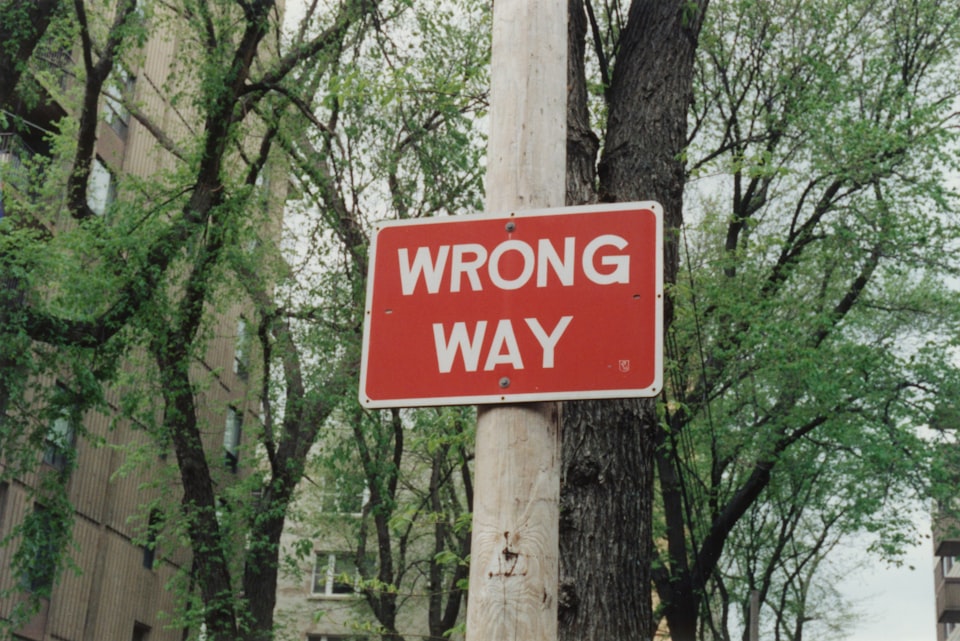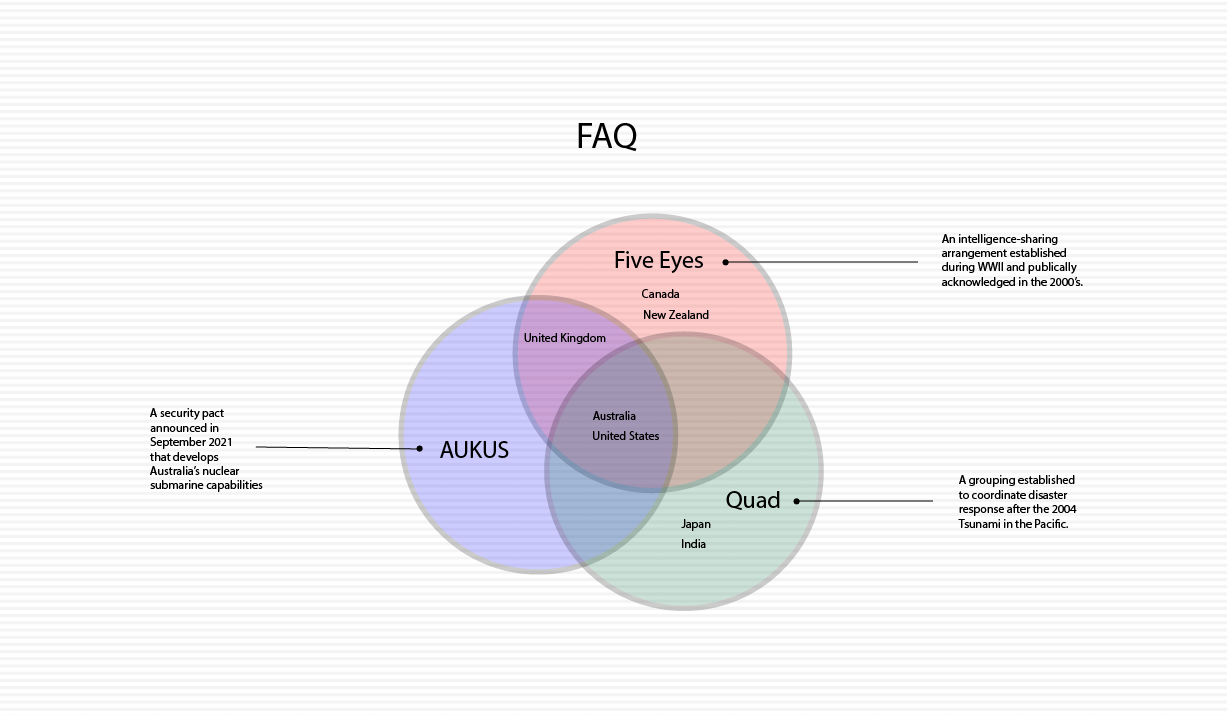Situated in The Hague, the International Court of Justice (ICJ) is the United Nation's highest court. The ICJ's rulings hold significance in a couple of key ways, even though they don't have direct enforcement power:
- Shapes International Law: The ICJ's decisions, based on strong reasoning and building on past cases, contribute to the development and clarification of international law itself. These rulings serve as a reference point for future disputes and legal questions.
- Influence on Global Norms: Even if not formally enforced, ICJ rulings can shift how the world views a particular situation. A decision declaring a country's action illegal can bring pressure to bear and shape international norms.
- Resolve Disputes Peacefully: The very act of countries using the ICJ to settle disputes peacefully is a positive outcome. The Court offers an alternative to conflict and violence.
So, the ICJ's rulings hold weight because of their contribution to international law, their influence on global norms, and their promotion of peaceful dispute resolution.
ICJ's May 2024 Ruling
ICJ's March 2024 Ruling




